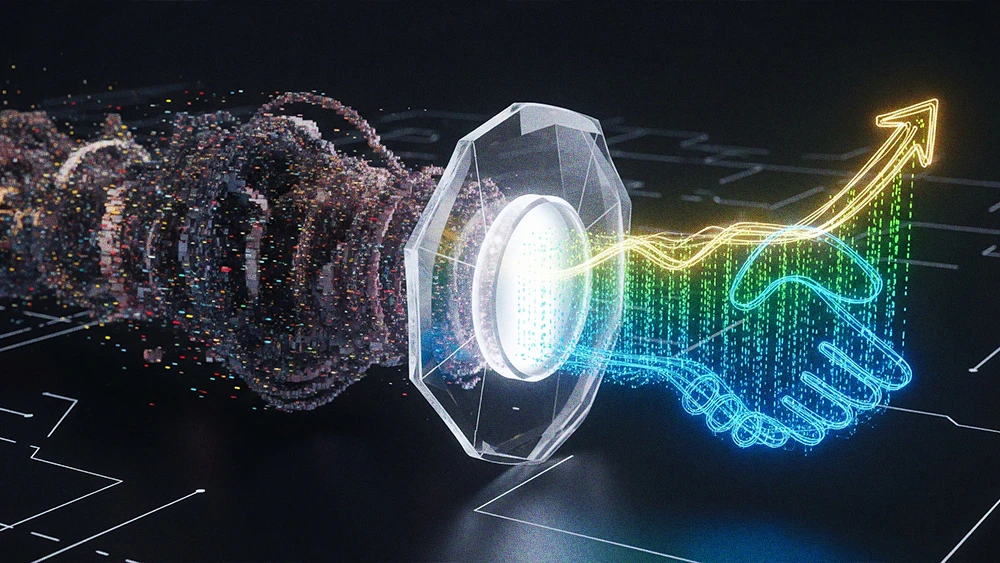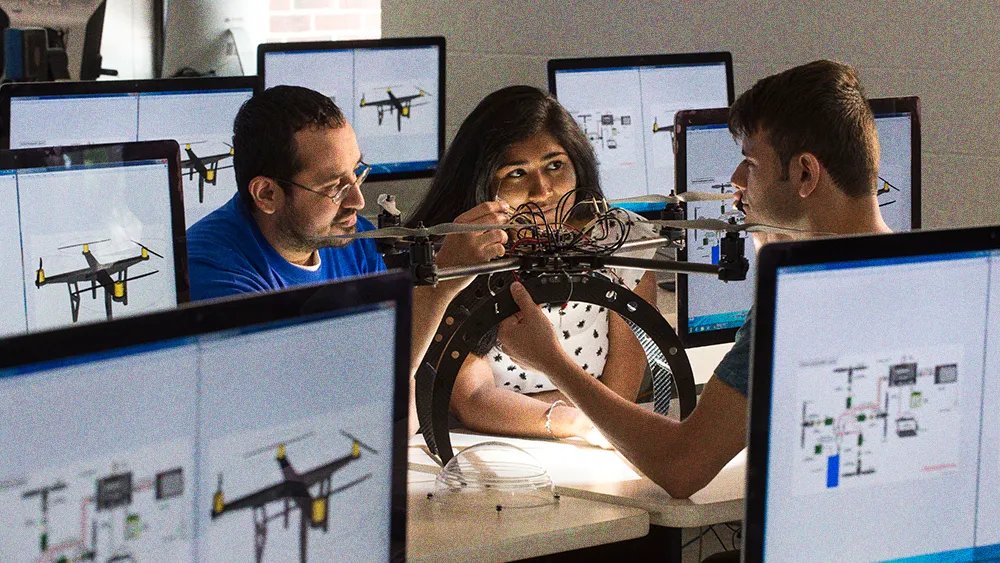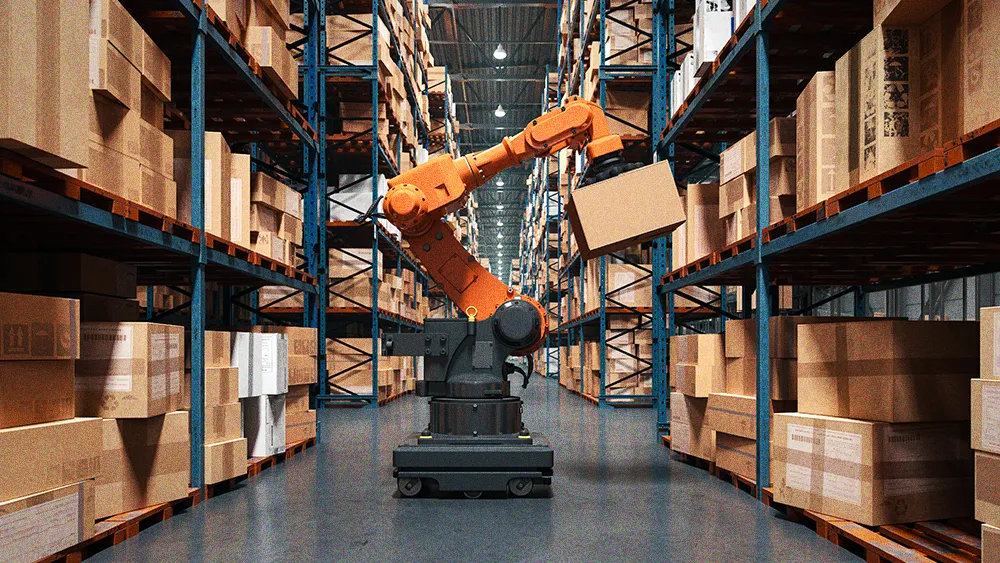
All articles
Operational control, not reactive maneuvering, drives long-term resilience in a volatile freight market
Black Box Logistics founder Will Hopkins emphasizes an internal-first approach to logistics, focusing on operational strength over market trends.

Key Points
Black Box Logistics founder Will Hopkins emphasizes an internal-first approach to logistics, focusing on operational strength over market trends.
Post-COVID highs are an exception, with current conditions viewed as a reset in a rebalanced freight landscape.
Automation and AI tools are integrated to support, not replace, human employees, maintaining a people-first business approach.
For us, it's about being proactive rather than reactive. We focus on watering our own grass instead of just hoping the market will bring success to us.

The logistics market swings from surges to slowdowns with little warning, and reacting to each shift is a losing game. The smart play isn’t chasing market highs; it’s building operational strength to weather whatever comes.
Will Hopkins, Founder and Managing Member at Black Box Logistics and Co-Host of the logistics podcast 2 Dawgs, 1 Pod. Hopkins champions an internal-first approach. Backed by carrier-side experience from his time running Compass Dispatching Services, he’s seen firsthand how chasing the market rarely pays off.
Stay in control: "For us, it's about being proactive rather than reactive," says Hopkins. "We focus on watering our own grass instead of just hoping the market will bring success to us." That internal-first mindset has shaped their approach from day one—aggressive, but never overleveraged.
"We really try not to let the market dictate what we’re doing," he adds. Being bootstrapped helps: "We don’t have to answer to anybody except ourselves." While aware of trends like tariffs that may impact domestic freight, Hopkins doesn’t get distracted by headlines. "A lot of this stuff is just smoke and mirrors. It matters, but I want to be focused on our processes and what we’re doing in-house."
Human at heart: Though initially "tech agnostic," the team began embracing automation to reclaim time and refocus on high-value work. "The first big one for us was automation," Hopkins says, citing their partnership with AVRL. "The robot doesn’t get sick or tired—it’s just there 24/7." Hopkins is now exploring AI tools, cautiously. "We don’t want to have too many tools to where it becomes counterproductive," he notes. Promising use cases include automating carrier communication and post-delivery paperwork.
But the goal isn’t to replace people, it’s to support them. "I don't want to get rid of my real-life reps and put a robot in their place. I want that robot to help them," Hopkins explains. That people-first lens is core to the business. "Black Box is really about the people, and building with them," he says. "Without them, there's not a lot of meaning in it for me."
Guardrails in place: Fraud is a growing threat in freight, and Hopkins treats prevention as essential. "We use My Carrier Packets and Carrier411 to vet carriers, then geo-match where the packet’s being filled out," he explains. If something seems off, "we can always call the owner."
These checks protect their core in full truckload freight, especially with materials like steel. For high-value loads, trust matters most. "Building relationships with carriers, not having to rely on the spot boards as much, is key," he says. But in SMB and spot freight, some exposure is part of the game.
Reset, then rebuild: Hopkins and his partners launched their first venture during the early shockwaves of COVID, and that experience continues to shape their approach. He sees the post-COVID highs as an outlier, not a standard. "Post-COVID was really good, and people kind of almost thought this is how it's supposed to be, and it’s not," he says.
Rather than anticipating a return to that peak, they focus on what they can control. "We’re growing through what a lot of people are calling a down market, but I think it’s just the new reality," says Hopkins. "It’s a reset."





